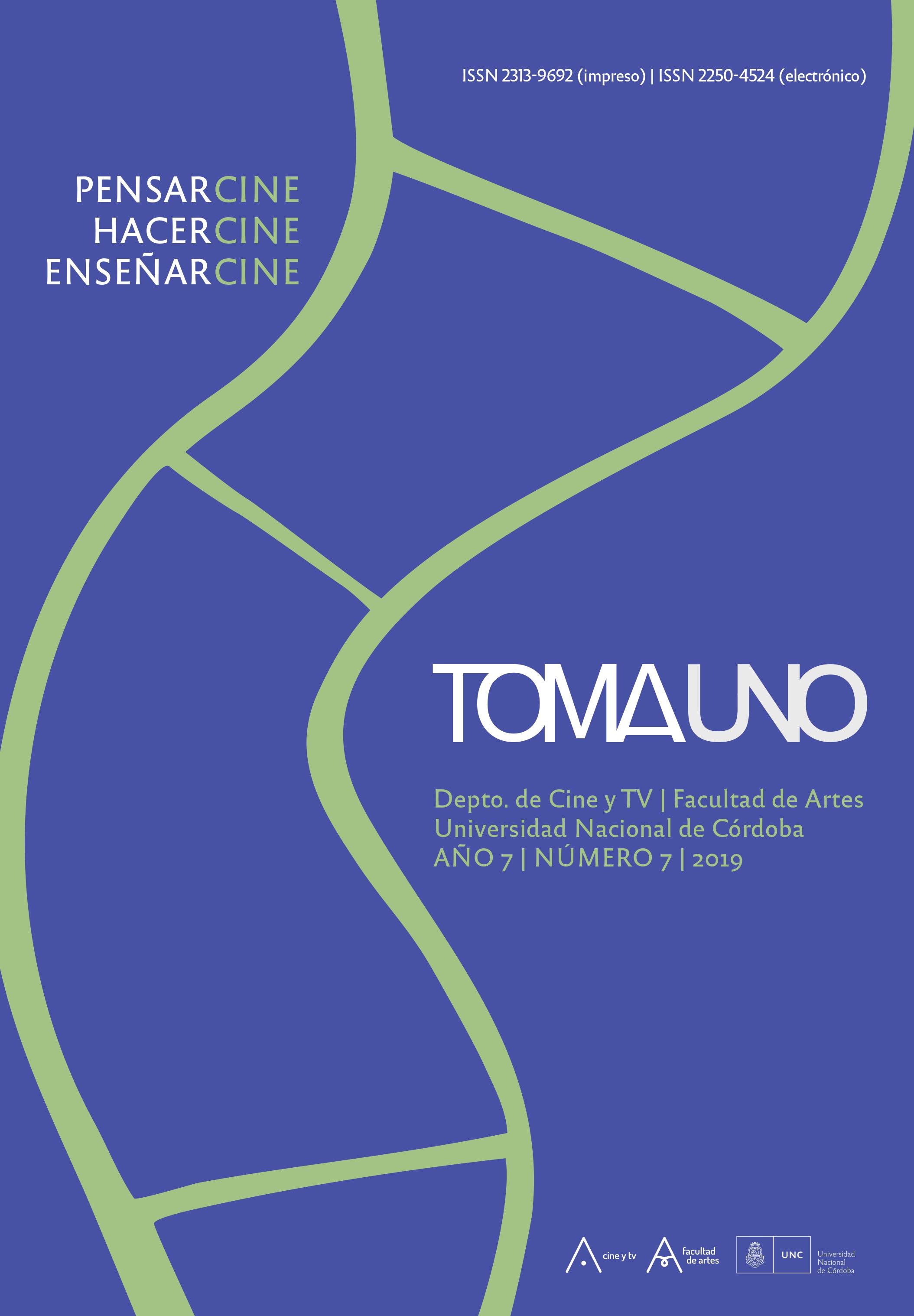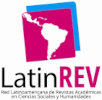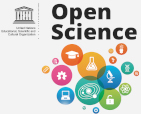Short films going long distances: Express Cinema; the reproduction of a model
DOI:
https://doi.org/10.55442/tomauno.n7.2019.26207Keywords:
cinema made with neighbours’ express workshops, cinema and education, coloniality of being, coloniality of knowing, interculturalismAbstract
This article explores the symbolic process throughout which the project “Cinema made with neighbours’ express workshops” (2009 - 2017) introduced the possibility of short film productions made from the perspective and imaginarium of peripheral subjects. Said views, invigorated by intercultural dynamics, and incorporated into mass media networks, interacted (socio-symbolically and intersubjectively) in a collective negotiation of ethical values that managed to defy the irrefutability of dominant paradigms by proposing the possibility of an intercultural social order. Analysing such dynamic I finally propose that said workshop series stimulated a learning process that spontaneously generated the redefinition of the individual within a heterogeneous narrative of the collective and, that such new onto-epistemic framework is intrinsically a performative intervention on the coloniality of power’s narrative.
Downloads
References
Castro-Gómez, S. (2007). Decolonizar la universidad. La hybris del punto cero y el diálogo de saberes. En S. Castro-Gómez y R. Grosfoguel (Eds.), El giro decolonial. Reflexiones para una diversidad epistémica más allá del capitalismo global (pp. 79-91). Bogotá, Colombia: Siglo del Hombre Editores.
Cine con vecinos (12 de noviembre de 2015). Fundación Cine con vecinos. Spot INCAA cine con vecinos [archivo de video]. YouTube. Recuperado de https://www.youtube.com/watch?v=pDCuKs9KzBY
Dussel, E. (1996 [1973]). Filosofía de la liberación. Bogotá, Colombia: Nueva América.
Freire, P. (1970). Pedagogía del Oprimido. Montevideo, Uruguay: Tierra Nueva.
García Canclini, N. (1995). Consumidores y ciudadanos. Conflictos multiculturales de la globalización. México: Grijalbo.
Gramsci, A. (1981 [1929-1933]) Cuadernos de la cárcel. Ed. V. Guarratana, Trans. A. M. Palos. México: Era.
Graziano, F. (1992). Divine Violence: Spectacle, Psychosexuality & Radical Christianity in the Argentine “Dirty War.” San Francisco, USA: Western Press.
Grosman, C. (2018). La alegoría del viajero inmóvil. Utopía y neoliberalismo en el cine latinoamericano. Prólogo de Lauro Zavala (Universidad Autónoma Metropolitana, México). Madrid, España: Ápeiron Ediciones.
Herlinghaus, H. (2004). Re narración y descentramiento. Mapas alternativos de la imaginación en América latina. Madrid, España: Iberoamericana.
Jameson, F. (1981). The Political Unconscious: Narrative as a Socially Symbolic Act. Ithaca, USA: Cornell University Press.
Levinas, E. (2001 [1947]). Existence and existents. Trand. A. Lingis. Pittsburgh, USA: Duquesne University Press.
Maldonado-Torres, N. (2007). Sobre la colonialidad del ser: contribuciones al desarrollo de un concepto. El giro decolonial. Reflexiones para una diversidad epistémica más allá del capitalismo global, 127-167.
Mignolo, W. (2003), Un ‘paradigma otro’: colonialidad global, pensamiento fronterizo y cosmopolitismo crítico. En Historias locales/ diseños globales: colonialidad, conocimientos subalternos y pensamiento fronterizo. Madrid, España: Akal.
Mignolo, W. (2007). La idea de América Latina: la herida colonial y la opción decolonial. Barcelona, España: Gedisa.
Moulian, T. (1997). Chile Actual: Anatomía de un mito. Santiago de Chile: LOM-ARCIS.
O’Donnell, G. (1992). Transition, Continuity and Paradoxes. En Issues in Democratic Consolidation. The New South American Democracies in Comparative Perspective (pp. 17-55). Notre Dame, USA: Helen Kellogg Institute for International Studies by University of Notre Dame Press.
Quijano, A. (2000). Colonialidad del poder, eurocentrismo y América Latina. En E. Lander (Ed.), La colonialidad del saber: Eurocentrismo y ciencias sociales. Perspectivas latinoamericanas. Caracas, Venezuela: CLACSO.
Valenzuela, S. (1992). Democratic Consolidation and Post-Transitional Settings: Notions, Process and Facilitating Conditions. En S. Mainwaring (Ed.), Issues in Democratic Consolidation. The New South American Democracies in Comparative Perspective (pp. 62- 65). Notre Dame, USA: Helen Kellogg Institute for International Studies by University of Notre Dame Press.
Published
How to Cite
Issue
Section
License
This work is licensed under Creative Commons Attribution-NonCommercial-NoDerivs 2.5 Argentina .


































